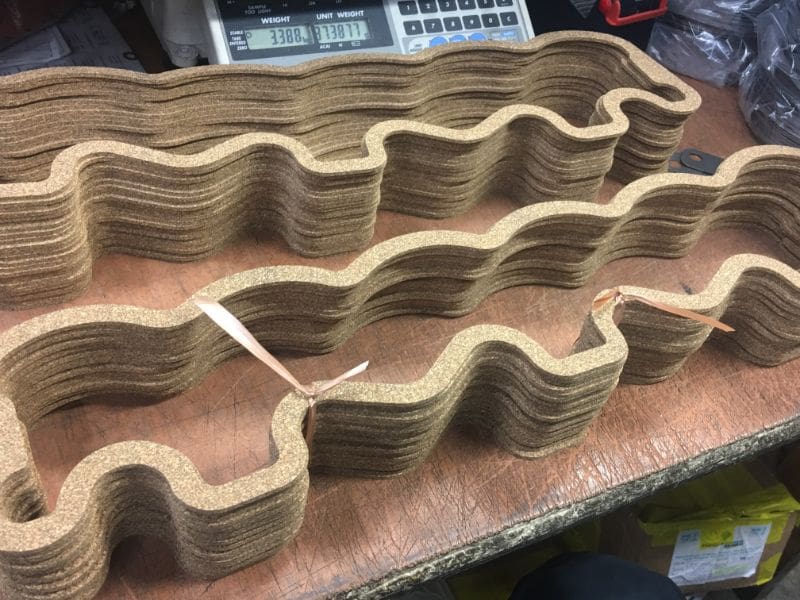Summary. Industrial gasket evolution has been monumental over the years, with industrial gasket manufacturers adapting to serve key sectors like automotive. From their 1840s inception using vulcanised rubber to modern diverse materials, gaskets have become crucial for various machinery applications and industries.
Industrial gasket production has gone through many evolvements and developments over the decades. By prioritising efficiency and effectiveness, industrial gasket manufacturers have had the opportunity to serve some of the most significant industrial sectors today, such as automotive.
For over a century, modifications of technology, materials and techniques have meant that the demand for gaskets has soared. Now, many view them as integral components for various types of machinery and applications.
But, when did people first use them, and why do so many rely on them today?
The Timeline of Gasket Manufacturing
See below for a brief insight into the development of gaskets from as early as the 1840s.
The Mid-1800s – The Invention of Gaskets
Gaskets, made out of rubber, are one of the oldest forms of sealing technology. They were first discovered by Charles Goodyear when he first developed industrial gaskets by using vulcanised rubber. Before this, they were trialled using pieces of rope called Oakum for use in the seams of boat hulls.
Years after, inventors and industrial experts continued to expand the range of materials used to produce gaskets. Now that they were seen as extremely effective for filling voids between mating surfaces.
The Late 1800s – The Next Stage of Gaskets
By 1899, inventor Richard Klinger further developed gaskets using asbestos fibre for the very first time. This was primarily for fixing and enhancing engine parts and mechanical operations by sealing and insulating locomotives and engine boilers. Today, the use of asbestos is prohibited across the UK due to the health and safety risks that it poses.
The Early 1900s – The First Gasket Manufacturer
In the early 20th century, asbestos was the most common material in use in industrial gaskets. Then in 1923, the first-ever industrial gasket manufacturer was established in the UK. This company was called Whitby Chandler Ltd.
This business was instrumental in the advancement of sealing components before others established their place, including Stephens Gaskets. From this, the gasket movement soon took course across the nation, especially now the power and competence of gaskets were shed light on.
The Late 1900s – The Popularity of Gaskets Heightened
By the 1960s, gaskets were readily available, but asbestos began to decrease in popularity for gasket suppliers in the UK. At this point, cork was commonly in use, offering impeccable properties such as high resistance and durability. Whitby Chandler Ltd even began manufacturing compression rubber mouldings that worked in conjunction with gaskets. Leading the way, they further invested in high-tech machinery for cutting gaskets.
Today – Gaskets at Their Prime
While the gasket industry will continue to advance in line with quality standards, today industrial gasket manufacturers, such as ourselves, use a diverse range of materials such as rubber, neoprene, metal, plastic, polymers, cork and nitrile rubber, to name a few. Therefore, this superior technology can meet the needs of a whole host of deficiencies in many types of machinery.
Whether it’s to fill gaps between two components or reduce vibrations to enhance the performance of applications, gaskets today are made in many shapes and forms. Consequently, making them the most versatile and effective they have ever been. If you’re looking for expert gasket manufacturers in the West Midlands, you’re in the right place.
Get in Touch for More Information
With over 60 years’ worth of experience under our belts, we have seen first-hand the development of gaskets. This has allowed us to test and trial each change, which has led us to where we are today. If you’d like to find out more about our business’s background, or whether we can meet the needs of your next project, get in touch by calling us at 0121 544 5808.
If you found this blog useful and want to learn more, check out: Exhaust Gasket Material – A Worldwide Supplier You Can Count On

